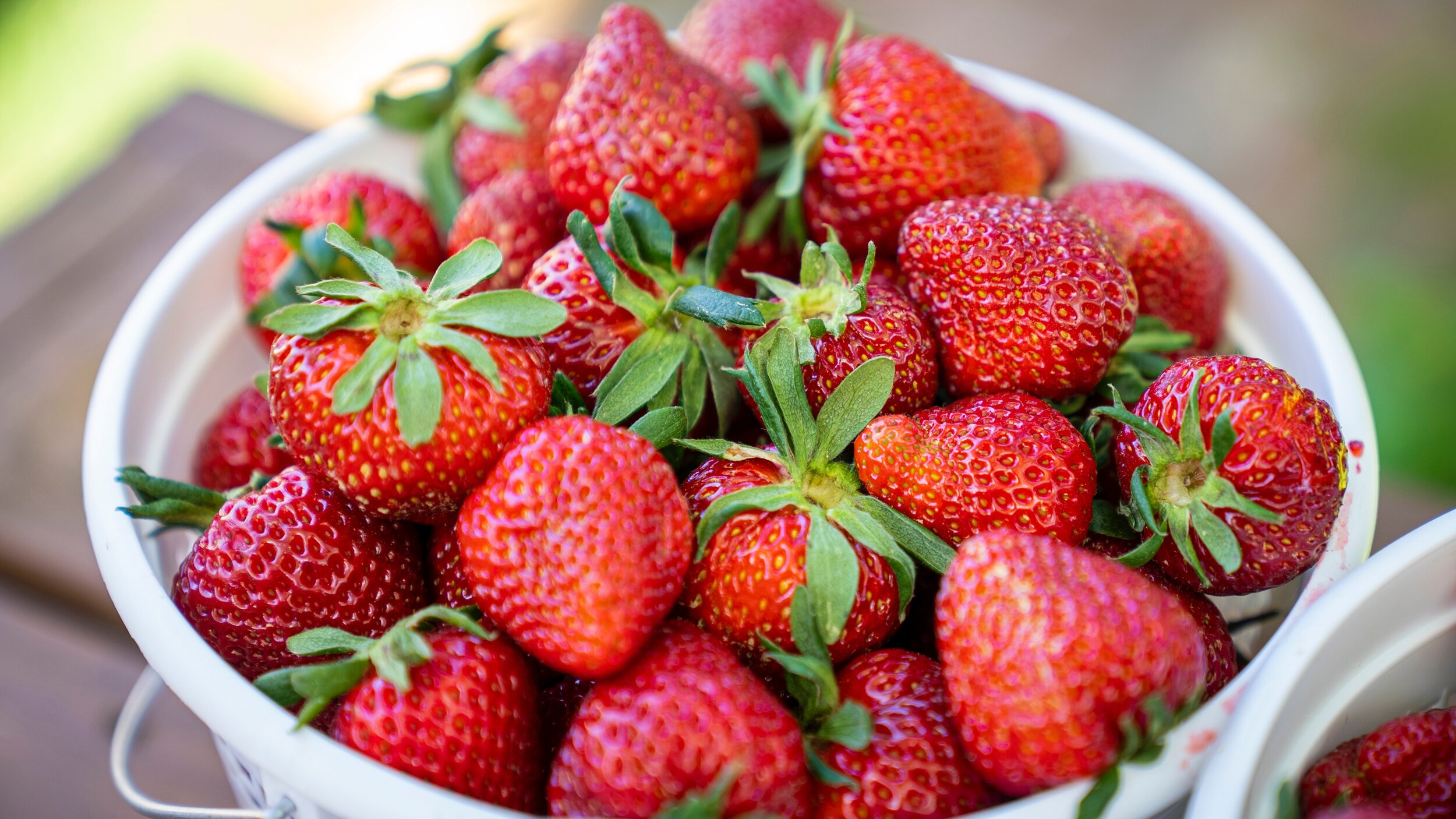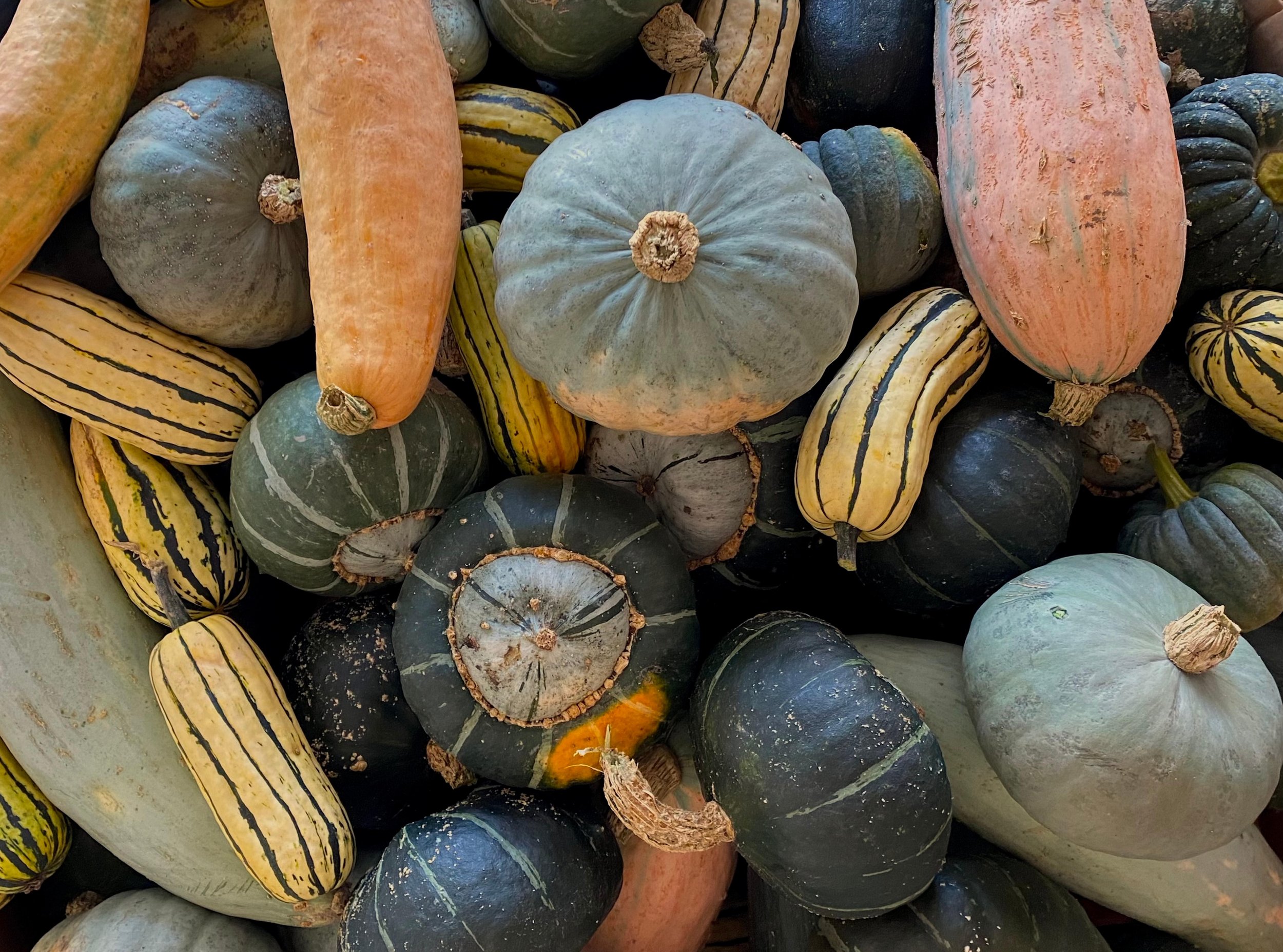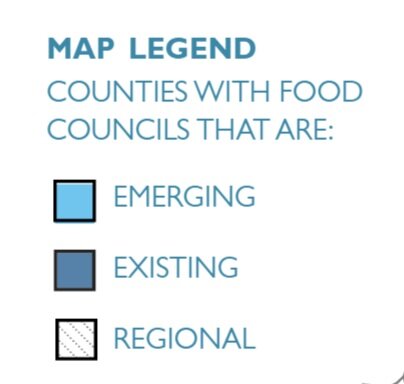
Get Involved

Ways to Get Involved
Get more local food on people’s minds – and on their tables – by joining us today. You can help us by being a champion for local food.
Get Your Shopping Bags Ready
The easiest way to get involved with a Local Food System is to buy and eat local food.
Start a Food Council
Ready to address food and farm challenges in your community head-on?
Build Relationships with Elected Officials
Building relationships with policy makers is important to creating the policy change you want to see.
We provide guidance and technical and informational resources to local food councils and the public, so they can make well-informed decisions about their communities.
Attend an Event
Meetings and workshops geared toward local food councils and their partners are held throughout the year and across the state. These events can help you deepen your commitment to local food and meet other like-minded people in your community. Our partners host workshops on a range of topics, from influencing policymakers to improving racial equity.

Start a Local Food Council
Give Local Food Systems a Voice in Your Community
If you’re interested in starting a food council in your community, first look at this map and see if a food council already exists. If so, get involved!
If you’re here, you have an idea of what a food council is, who is likely to be involved, and the benefits and actions of food councils. 🠞
If not, read through these resources and contact Community Food Strategies for support and consultation.
Community Food Strategies is a dynamic project team that works to expand the capacity of local food councils across North Carolina through consultation, resources, workshops, and networking opportunities.
Based on the Food Council Development toolkit from Community Food Strategies, begin by having multiple conversations with community members or colleagues that have an interest in local food systems or farm-to-table work. The power behind food councils is having the community voice with multiple perspectives gathering information about the current food and farm environment, researching opportunities, and then proposing solutions and improvements. Food councils can provide an avenue for dialogue between their decision-makers and elected officials.
To start a local food council in your community, you need a few things:
People
Gather at least 7-10 people with multiple perspectives/experiences, who will show up for at least three consecutive monthly meetings to discuss this idea.
Consider how this initial group reflects the larger community. Start with as diverse a cross-section of the community as possible.
Place
Select a convenient and inclusive place to meet. Location impacts who will show up. Consider a meeting space that is accessible for parking and public transportation. Consider meeting in different locations, possibly in a rotation, to accommodate members who live in different parts of the town/county.
Faith community buildings and cultural centers are often good choices.
Leaders
Find one or, ideally, two people willing to:
Co-lead the meetings, and
Coordinate meeting logistics.
Also, reach out to neighboring or similar communities that already have a food council to hear about their experiences and receive advice. Consider attending other food council events or regional events to gain a better understanding of the work already being done and gaining traction. If you have questions or would like advice, please contact Community Food Strategies at info@communityfoodstrategies.org or (919) 515-5362.

Join a Working Group
In 2020, our council members identified new challenges facing North Carolina, before COVID-19 was in the United States. Since then, council members have formed around these issues.
New working groups emerge as the specific needs arises and align with our vision and mission.
Some working groups are on hiatus until further needs, leadership, and actions steps are identified.
Local Food Marketing
Connecting Producers with Consumers
Meets monthly on the second Tuesday at 1pm
Coordinated by Ali Stone (alstone3@ncsu.edu)
Local Food Infrastructure
Mapping Local Food Value Chains
Meets every 3 months on the second Wednesday at 10am
Co-cordinated by Jennifer Bedrosian (jbedrosian@ptrc.org) and Ali Stone (alstone3@ncsu.edu)
Food Recovery
Rescuing Food from Landfills
Meets Every 3 months on the third Friday at noon
Coordinated by Rob Anderson (Robert.Anderson@unc.edu)
Community Health
Improving Healthy Food Access
Meets Monthly on the third Thursday at 1pm
Coordinated by Amanda Hege (hegea@appstate.edu)

Become a Regional Representative
Regional reps have been selected for 2025.
Western, Triangle, & Southeastern positions will be open in Dec 2025!
Are you involved with your local or regional food council and want to make a bigger impact?
Apply to become a regional representative!
Position Description
As a regional representative, your responsibilities include:
Fulfill a 2-year term; eligible to reapply after their two year term to extend their term for a total of 4 years. If they are selected, they will be eligible again after a two year hiatus
Dedicate between 3-5 hours/month
Communicate monthly with regional contacts via email to receive perspective, updates, and needs (CCing ComFoodStrat Regional Liaisons)
Attend monthly NCLFC meetings and quarterly RR meetings
Support quarterly network calls in partnership with Community Food Strategies
Support Community Food Strategies with their regional gatherings and statewide gathering in alternate years
*Invitation to join working group meetings as interested and able
Benefits of Becoming a Regional Representative
Local council representatives will:
Connect to a network of fellow food council members strategizing around critical food system issues across the state
Bring their local experience to the state level
$1000/ year stipend, as well as reimbursements for mileage to attend meetings and NCLFC-related strategic connection opportunities

Attend an Event
Public events across North Carolina are highlighting the work people are doing to build local food systems in their communities. Attend and get involved with other local food enthusiasts.
The Local Food Portal managed by Cooperative Extension is intended to be a comprehensive list of local food events across the state.
These are some organizations that host events that will provide connections to information and resources to those who want to establish or to expand local food systems in their communities:
Does your organization host events that highlight local food? Share information about your program with us and we will be happy to post it.

Buy Local Foods
-

Find Local Food
You’re just a few clicks away from discovering the foods you want to eat right now.
-

Sweetpotatoes
Eat them for breakfast, lunch, dinner, or dessert.
-
Blueberries
Available from the coast to the mountains!
-

Shrimp
Support shirmp fishermen this summer season!
-

Strawberries
Pick your own or find them at your local farmers market.
-

Shellfish
Serve up North Carolina shellfish for your next meal!
-

Collards
Taste the southern culinary tradition that is loaded with history and flavor!
-

Candy Roaster Squash
Enjoy this deliciously sweet squash with a rich history.
-

Peanuts
Small “nut”, Big deal








